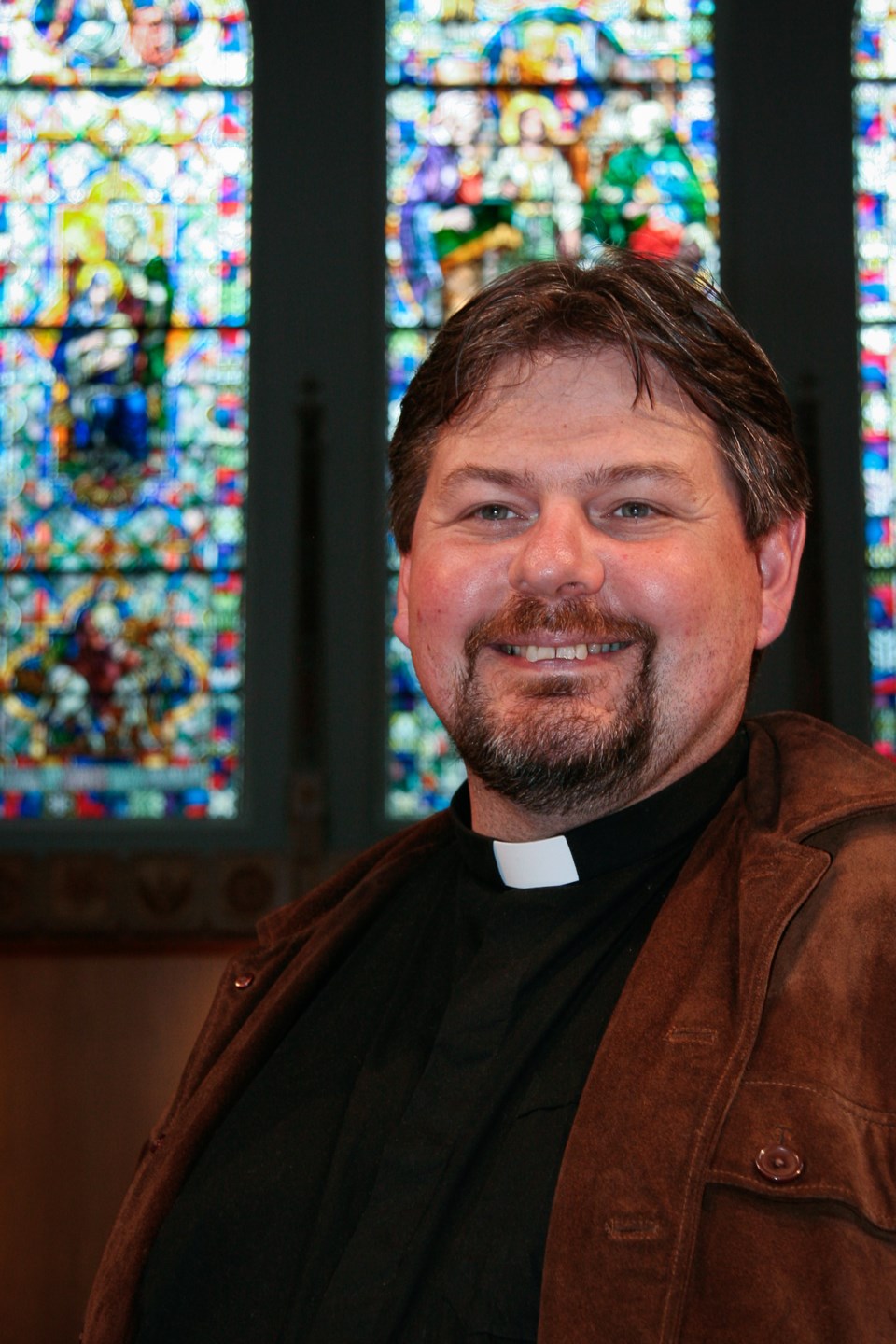
I’ve taken up walking
By which I mean I’m doing a lot of walking, about 20k daily.�� This isn’t a boast, just that I needed to attend to my physical, emotional, and spiritual health and the time it takes to walk is good for all of these things.�� I’ve lost weight and gained some peace, it’s all good.��
In order to fit that much walking in, I tend to be up early enough for the sunrise, and often finishing up the day with a walk as the sun goes down.�� I’m incredibly lucky living in Victoria BC, not far from Ross Bay, so a wander along Beach Drive and Dallas Road is easy and beautiful, come rain or shine.�� In the past few weeks some of the sunrise and sunset moments have been beautiful – dazzlingly, upliftingly, heart-bogglingly beautiful.�� I’ve been struck speechless by the majesty of the mountains in shadow and the rays of light diffused through cloud or peeping through the trees, by the richness and texture of the many colours.�� It’s an almost spiritual experience.�� Almost.
I don’t experience God in the sunset, or sunrise.�� I experience beauty, wonder, awe, even a sense of my own smallness and the greatness of the universe, but no God.
And the reason I would speak so boldly, was explained to me just this last Sunday by theologian, liturgist, lyricist, speaker, thinker, pastor, and all round good person, John Bell – who spoke at St John the Divine, my home church, on the broad theme of Celtic Christianity.�� John explained that the Celts didn’t talk of God in sunrises or thunderstorms because such things represented, and represent, a distant God; a God of mighty wonders far beyond us, a God who is ‘out there’ somewhere.�� That may be an aspect of how we talk about God – but for the Celts, and in the story of Christian Faith, God is described in Christ as ‘Emmanu-el’, a phrase from our Hebrew ancestors meaning ‘God with us’.
So for the Celts, and for many of us, we find God in the everyday stuff of life – not just the pretty, or the awe-inspiring, but the earthy, messy, sometimes even unpleasant parts of life. This is where ‘God-with-us’ is.�� It’s the message that many Christians take from the stories of and about Jesus – that God doesn’t remain distant, but comes as a human being to live as one of us, and feels, lives, and dies as one of us.
And that understanding profoundly affects our view of God. For many years there has been an image of God in Western thought as dominant, distant, powerful, and somehow apart from creation.�� This is a God who manipulates human affairs and is pretty much completely unaffected by what happens to humanity -�� a God who is in control of all things, yet allows war, sickness, poverty and all the ills which afflict us. Choosing to do nothing – like the Greek Gods on top of Olympus, entertaining themselves by playing games with mortal lives.
That’s not the understanding of God that comes from the Hebrew and Christian Scriptures – instead we have a God who is alongside, and within, Creation.�� A God who is for and with humanity. A God who loved the world so much that they ‘took on flesh’ and didn’t just appear to be human, but was human. In the words of theologian Diana Butler-Bass – a God who is not distant but “Grounded’
For the Celtic Christians, this understanding was lived out in the ordinary things of their lives.�� We have fragments of prayers passed down over centuries that were said for the lighting of the morning fire, the milking of the cow, for fishing, for travelling, for the everyday moments that make up life. My own favourite is a prayer which simply says “Lord, the sea is so big, and my boat so small.”
For in our prayers, we should not be limited by the idea of a distant God, one who can only be met in moments of wonder and beauty, in spectacle and splendour, but a God alongside us in every moment – who shares our struggles, our joys, our laughter, our tears, our loss, our pain.�� This is why I am convinced that there are as many ways of praying as there are people – because God does not demand we reach a certain point before God will meet us, God is as near to us as the air we breathe and infuses this whole universe with presence and life.
In response to my article in the Faith Forum on Saturday one person responded that "it’s not the moments when I find God that are necessarily special moments of prayer, it’s when God finds me." ��Yes, we may be pointed in a Divine direction by a sunset, or a smile, or a puppy, or a rainbow – but God will also find us in the dirt, in the difficult, in the unlovely, and the unloved. Perhaps all that is missing is our own willingness to encounter God?
 Alastair McCollum��is Rector of St. John the Divine Anglican Church in Victoria. He has a passion for the Gospel, motorbikes and bike culture, worship, philosophy, theology, guitars, single malt whisky, real ale, cinema and all things French.��You can find Alastair at the church website: ��and��on his blog:
Alastair McCollum��is Rector of St. John the Divine Anglican Church in Victoria. He has a passion for the Gospel, motorbikes and bike culture, worship, philosophy, theology, guitars, single malt whisky, real ale, cinema and all things French.��You can find Alastair at the church website: ��and��on his blog:
You can read more articles from our interfaith blog, Spiritually Speaking,
*Photos by permission of Alastair McCollum


